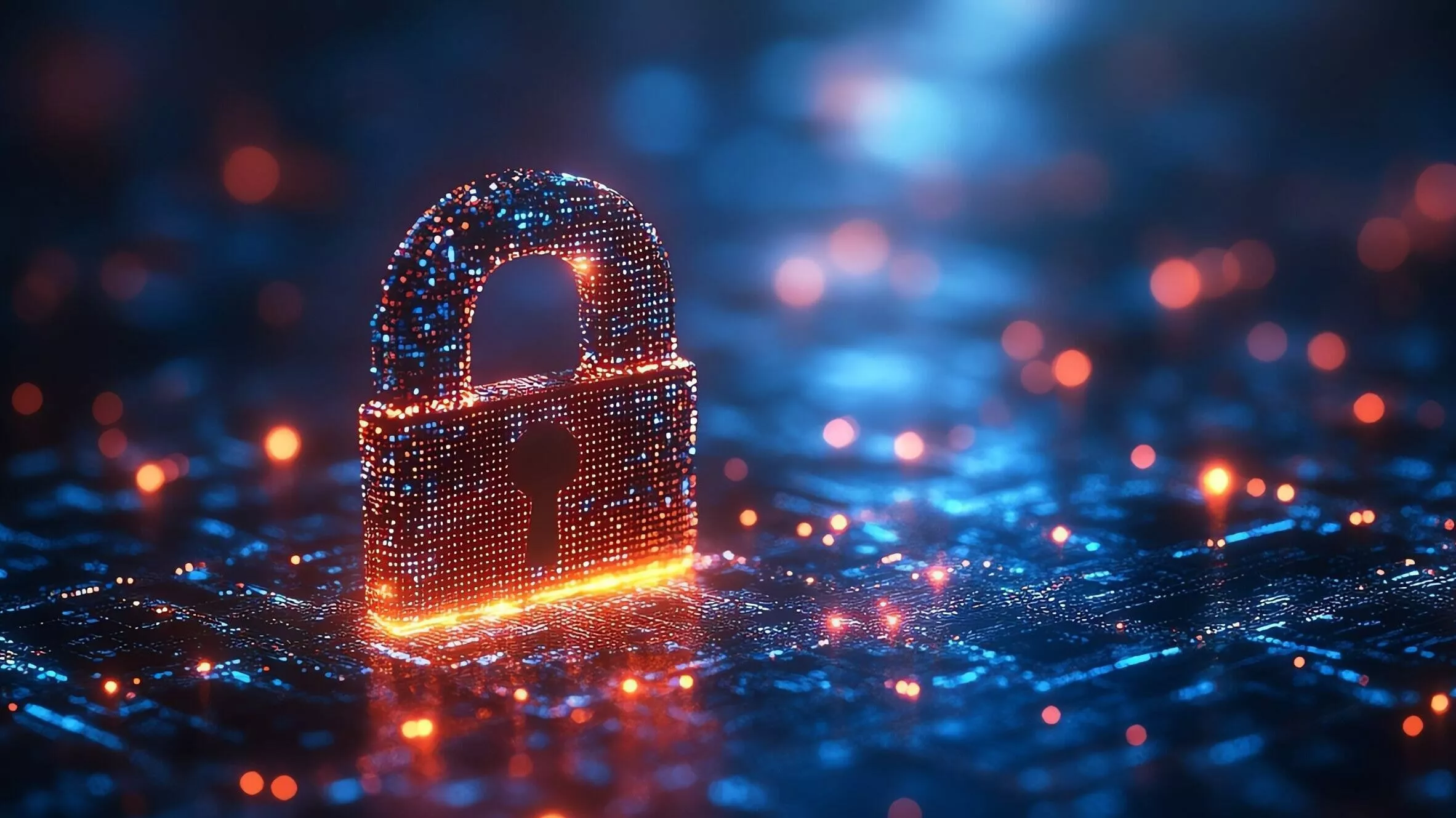In the world of cybersecurity, time is of the essence. One click on a malicious link, one overlooked misconfiguration, or one undetected phishing email can compromise sensitive information in seconds.
However, the true impact of a data breach cannot be reduced to financial numbers alone.
- Regulatory penalties that can reach the millions
- Loss of customer trust, which can be permanent
- Reputational damage that can take years to rebuild, if ever
Here’s the striking paradox: preventing data loss is one of the oldest and most fundamental IT requirements.
Backups, data integrity, and resilience measures have been around for decades. Nothing new. Yet, in far too many organizations, the measures are still not managed effectively.
We regularly encounter the same vulnerabilities:
- Backups are configured incorrectly or incompletely.
- Lack of isolation, meaning ransomware spreads from production environments to backups.
- No regular restore testing, leaving organizations unaware of failures until it’s too late.
- Inappropriate or outdated solutions that don’t address modern threat scenarios.
The result?
When ransomware strikes, attackers not only encrypt production systems; they also often encrypt or delete the backups. Suddenly, all data is gone, and recovery is impossible.
This isn’t a theoretical risk. In recent years, organizations across Europe, including high-profile cases in Switzerland, have fallen victim to this threat:
- Some were forced to pay millions in ransom just to regain access to their data.
- Others never recovered, leading to bankruptcy and business shutdown.
However, ransomware and backups are only one aspect of today’s data risk challenges.
AI Systems: The New Frontier of Data Leakage
As AI tools like ChatGPT, Copilot and Co. become more widely adpoted, sensitive data is often copied, pasted, or uploaded into external systems. Once shared, you lose control forever. This data may then be stored, processed, or even used to train external models, outside of your compliance boundaries.
For CISOs, this opens an entirely new risk dimension.
- Intellectual property is leaving the organization.
- Confidential data is exposed in third-party AI systems.
- Non-compliance with data protection and industry regulations.
That’s why secure, compliant AI solutions are becoming as critical as backup resilience.
At SPIE, we address both challenges head-on with our expertise and solutions.
Backup Resilience and Consulting
- Backup Solution Assessments to identify vulnerabilities before attackers do
- Tested, isolated, and modern recovery strategies aligned with frameworks like NIS2, ISO 27001, and NIST
Secure AI adoption with ASKIA
- A trusted, compliant AI platform designed for enterprises
- Keeping data under control to ensure confidentiality and enable AI benefits without data leakage risks
In the end, the outcome is the same whether it’s ransomware encrypting your backups or sensitive data leaking into uncontrolled AI systems: you lose control of your data, and with it, your future.
The question every CISO must ask is this
Are you confident your organization can protect its data against both traditional attacks and new-generation AI risks?
If not, now is the time to act. At SPIE, we combine decades of experience in cybersecurity with innovative solutions like ASKIA to help organizations stay secure, resilient, and compliant in a changing digital world.
